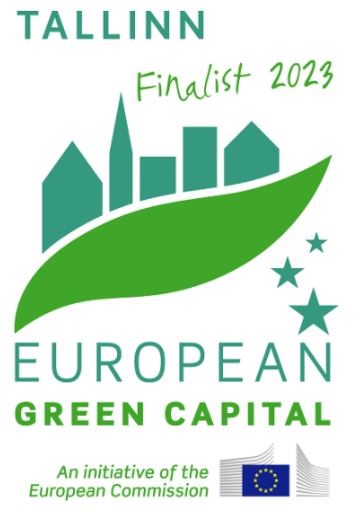Tallinn invites citizens to think along and have a say at the climate picnic
People who care about the environment and biodiversity are welcome to think along and have a say at Tallinn’s first climate picnic this Saturday, July 24 from 3.30 pm to 5.30 pm in the Pikakari beach area.
Animal ecologist Mati Kaal, environmental psychologists Grete Arro and Kärt Puusepp, climate activist Margot Roose and leading specialist of green transition at the Tallinn Strategy Centre Mihkel Kaevats have been invited to speak.
“The current world order has led to trends that are all too consistent in destroying both clean water and biodiversity and causing unfortunate changes in the functioning of the entire ecosystem,” explained Mihkel Kaevats. “How can we arrange for life on this planet to continue for generations to come? So that the world would be preserved for our children, grandchildren, and great-grandchildren, at least with the nature as we know it today?”
According to Kaevats, actual changes must be made for the result to be different. “However, it is necessary to first understand why this has been the case so far and not otherwise, why the desire to strive for a better and better life leads us to an increasingly opposite result. The climate picnic is organised to discuss the state of the ecosystem and to think about whether and what we can do differently. We invite everyone who are concerned about these issues to think along and have a say,” said Kaevats.
The climate picnic organized by the Tallinn Environment and Public Utilities Board is part of the event celebrating the 5th birthday of the Tallinn Animal Shelter, the full schedule of which is available on the Facebook page https://www.facebook.com/events/260094015886973/
Tallinn is a finalist in the competition of European Green Capital 2023. The four strands of the green transition in Tallinn are improving the energy efficiency and indoor climate of buildings, reducing carbon emissions including by incentivizing people to choose means of mobility other than cars, preserving and increasing biological diversity in the city, and creating a circular economy that spans a reduction in the generation of waste, a more sustainable and efficient use of natural resources, recycling and reuse.

